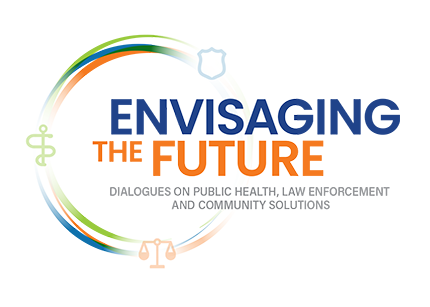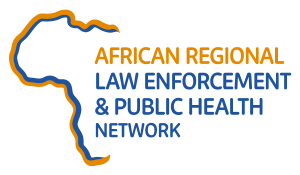
This report, entitled, ‘Prevention of adult sexual and labour exploitation in the UK: What does or could work?’ is a Modern Slavery and Human Rights Policy and Evidence Centre (the Modern Slavery PEC) research project. It was developed by Elizabeth Such, Habiba Aminu, Amy Barnes, Kate Hayes (University of Sheffield), Modupe Debbie Ariyo (AFRUCA, UK BME Anti-Slavery Network), Robin Brierley (West Midlands Anti Slavery Network). The research was funded by the Modern Slavery PEC as part of our responsive research programme. The Modern Slavery PEC is funded by the Arts and Humanities Research Council.
This research explored what does or could work in the prevention of two forms of modern slavery among adults in the UK: labour and sexual exploitation. It examined what has been tried in prevention programmes, projects and initiatives, not including legal or policy interventions, and considered promising practice.
Key findings
- A ‘whole systems’ approach to modern slavery prevention is required. Informed by people with lived experience, this research proposes a new definition of modern slavery prevention that includes intervening before harm occurs, intervening early and treating harms after they have occurred.
- There are five key pathways to prevention and 25 types of interventions. The pathways are enabling access to resources, promoting literacy, building power and control, deterrence and disruption, and building partnerships.
- How to prevent exploitation is poorly understood and has rarely been evaluated to a high standard. Most current evidence focuses on treating harms after they have occurred
- Current promising practice includes ensuring new prevention interventions are guided by clear principles, community-based and survivor-led initiatives, a ‘whole systems’ response at a national and local level.






